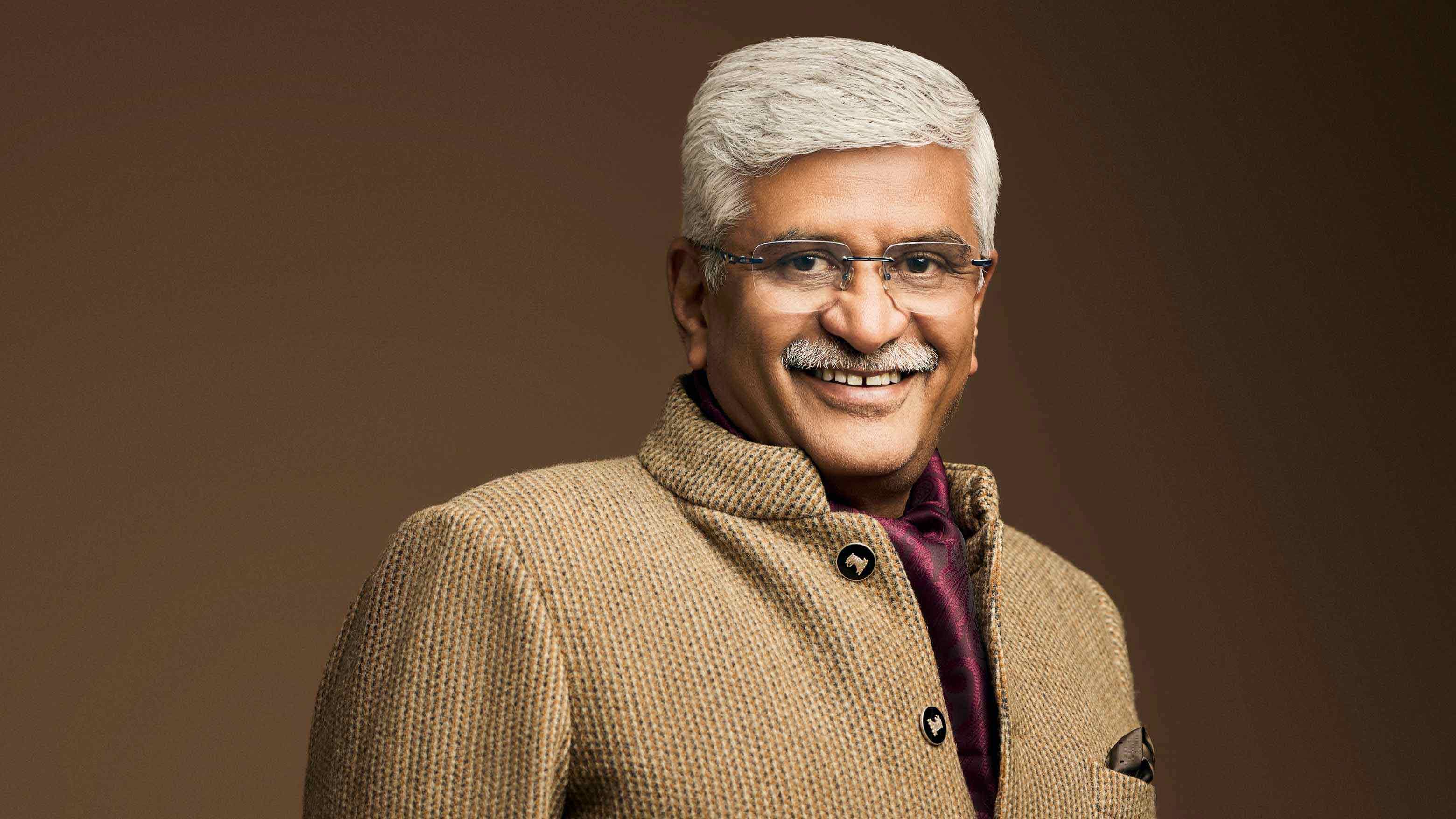Pulling for Infrastructure Status
The Union Minister of Tourism & Culture, Gajendra Singh Shekhawat calls for greater investment for the Indian tourism sector.
By Suman Tarafdar
The Union Minister of Tourism & Culture, Gajendra Singh Shekhawat, reiterated his commitment to providing “industry status” (or infrastructure status) to the hospitality sector, while pushing for sustainable tourism practices, and for robust incentive frameworks in collaboration with states and other stakeholders.
Speaking at the 55th annual convention of the Federation of Hotel & Restaurant Associations of India (FHRAI), he said that he had directed the relevant industry bodies (such as the CII, FHRAI etc) and stakeholders to prepare “concrete documentation” to support the case for infrastructure status for the hospitality/travel sector.
The minister, who flew in straight from another commitment in Ahmedabad and got delayed by the inclement weather over Bengaluru, nevertheless was as usual enthusiastic about the growth of the sector in India. A long time ardent advocate of the sector, he said that while there is enormous potential in the Indian tourism sector, there are also aspects that need to be addressed for the growth of the sector.
He mentioned that in the Union Budget 2025-26, Finance Minister Nirmala Sitharaman announced that the government will select the top 50 tourist destinations in partnership with states to be developed under a “challenge mode.” The idea is that states will contribute land for infrastructure; this includes facilities like connectivity, tourist amenities etc. One key part of the plan is that hotels in the identified 50 destinations will be added to the harmonised infrastructure list. This is expected to help them access better financing, maybe lower interest rates etc. He said the plans are to take this proposal to the Ministry of Finance for formal recognition of the sector as infrastructure. The status will help in several ways: access to lower-cost debt financing, favourable interest rates, more predictable investment, and enhanced reinvestment of profits back into industry.
The tourism minister said with India’s $4 trillion economy growing at a rapid pace, the government has plans of introducing a new national tourism policy. Many proposals have already been received from States/UTs. Soon after stakeholder consultations, a comprehensive policy will be framed, he elaborated. Incentives to promote sustainable tourism are under consideration. These may include fiscal benefits, ease of doing business, environmental compliances, perhaps tax or duty benefit mechanisms for green investments.
Challenges remain
Shekhawat, himself a former hotelier and member of FHRAI, emphasised that sustainability is no longer optional but imperative. He has urged the entire sector—hotels, tourism operators, state tourism boards—to integrate green practices in operations. He flagged changing climate patterns as existential challenges that demand immediate action and that the Ministry has put forward sustainability criteria that travellers, destinations, and hospitality providers are encouraged to adopt.
He also spoke of the need to align costs to expectations for the Indian tourism and hospitality sectors and called on them to rationalise costs.
The Minister called for creation of “model destinations” that align completely with sustainable tourism parameters. These would serve as templates for other destinations to follow. He invited industry bodies, state governments, civil society, and sector experts to partner in designing solutions and implementing them. There is recognition that states have differing strengths in tourism (heritage, pilgrimage, nature, spiritual, wildlife etc.), and policies/incentives will need to be tailored to local context.
Pointing to transformative changes since he had been part of the sector – including the absolute change in the way the domestic traveller now outspends the inbound traveller, he said the sector would be the first to benefit as India doubles its GDP every seven to eight years. To rapturous applause from a roomful of stakeholders eager to get more sectoral reforms from the government.


























